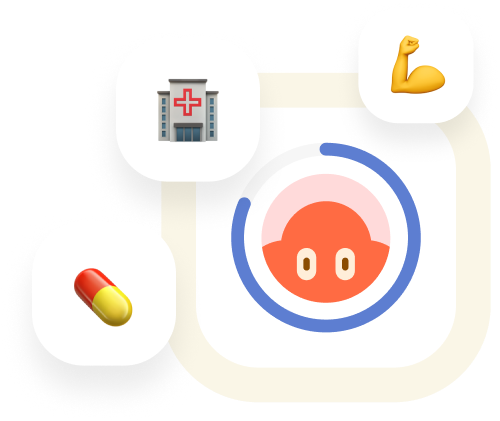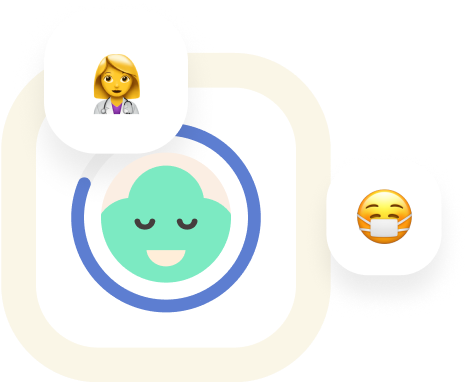Join a Community That Understands You
Get answers from those who share your health journey



AnxiousAl's Post
AnxiousAl
Updated 1y ago
Struggling with Alcoholism and Intense Anxiety
Can you help? Connect today
Your Alikes say
One possible reason for your increased anxiety after stopping drinking could be withdrawal symptoms or your body adjusting to the absence of alcohol. It's important to consult with a healthcare profes...See More
LoneStar
1y
AnxiousAl
1y
Utahperson
1y
Betynka
1y
PhoenixA
1y
penguinfrend
1y
AnxiousAl
1y
The content in this post is not intended to be a substitute for professional medical advice, diagnosis, or treatment. Always seek the advice of your physician or other qualified health provider with any questions you may have regarding a medical condition.

Free unlimited access
to all community content

Find others who are
medically similar to you

Pose questions and join
meaningful discussions
Alike is a transformative platform that goes beyond just bringing together patients; it meticulously connects individuals based on multiple critical factors, such as age, gender, comorbidities, medications, diet, and more, fostering a community of knowledge, support and empathy.
© 2020-2024 Alike, Inc